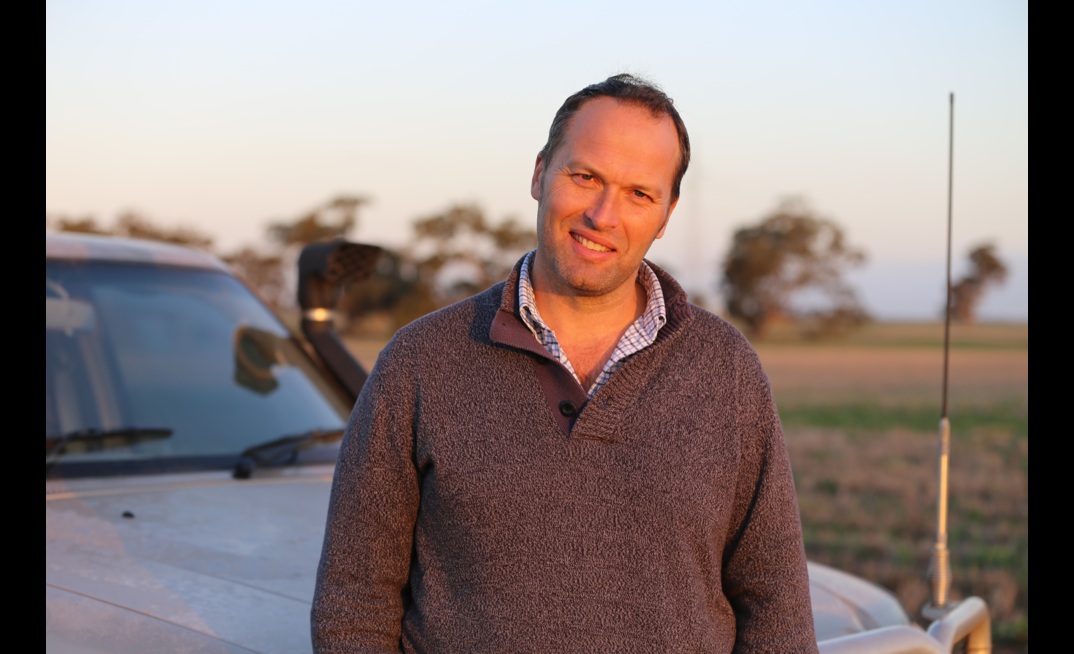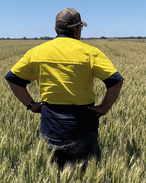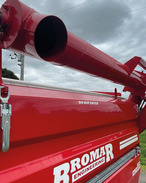The Department said the cattle, which appear to be healthy and well, were unloaded on Friday at the request of the exporter and have been moved to a quarantine premises.
While addressing the media yesterday Agricultural secretary, Adam Fennessy, the department is still assessing the application by the exporter to re-export the livestock as a matter of priority.
"I want to emphasise that my department makes decisions on the basis of the application of the commercial exporter, taking into account all legislative requirements and relevant information," he said.
"We understand the strong interest in the issue - both from a biosecurity and from an animal health and welfare perspective.
"My department must make complex decisions for this unique situation that balance export legislation, biosecurity requirements, animal welfare considerations and the requirements of our international trading partners."
Fennessy defended the hold up by saying the legislation sets out what the decision maker must consider and be satisfied of to approve an application for export.
The decision maker must ensure the legislative requirements have been met, including those in the Export Control Act and Animals Rules, and importing country requirements have also been, or will be met, before the livestock are imported into country. Arrangements for the voyage must also be appropriate to ensure the health and welfare of the livestock.
Fennessy said the process requires the decision maker to carefully consider all relevant information, which can be substantial and from a variety of sources. He added the information must be updated as circumstances change, especially information submitted by the commercial exporter.
He said the commercial exporter must also be provided with procedural fairness, including time to consider and respond to certain types of information.
And the department's decision maker must satisfy any procedural and other requirements in the legislation to make a lawful decision, such as providing a notice of decision in writing.
NFF BACKS PROCESSES
National Farmers' Federation (NFF) has backed the oversight and processes of Australia's Chief Veterinary Officer, Dr Beth Cookson, and said it does not support calls for the Minister of Agriculture's resignation.
On the contrary NFF president, David Jochinke, said they hope the extraordinary and highly complex MV Bahijah situation demonstrates how robust Australia's live export system is with animal welfare at the forefront.
"There are processes that must be followed and external complexities that must be considered, but we must now see a timely resolution to this matter," Jochinke said.
"In light of misinformation being purported, it is however especially important to highlight key facts with respect to animal welfare arrangements on the vessel."
Jochinke said, as per the Agricultural Department's updates, Cookson is closely monitoring the situation, and has reported "the livestock are in good condition and have appropriate care and supervision". The exporter's vet has also remained on the vessel and the department engaged two addtional veterinarians to inspect the livestock and vessel.
"Australian producers place the upmost importance on the welfare of animals, and Australia holds the highest standard of welfare both at home and in the export markets and this situation demonstrates just how this works in practice," Jochinke said.
Read more about the MV Bahijah situation and industry response here.
























